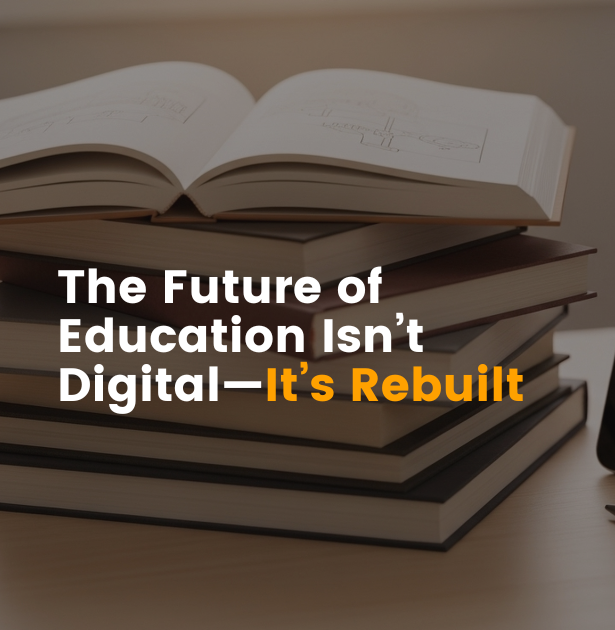
Making choices is difficult and it is more challenging for chief executives as they must decide under constant pressure and constraints.
At times moves must be made without adequate information. CEOs are confronted with complex organizational issues and expected to formulate opinions based on their education, experience, expertise, and intuition.
- Better decision-making
A decision is a thought or idea put into action which is usually irrevocable. It takes energy, effort, money, and time. There is no guarantee that it will be successful. Some people make quick choices, others make methodical ones and some don’t make any decisions at all.
Draw on paper whatever ideas pop up to create various permutations, connect the dots between thoughts that don’t appear to have anything in common, and link the issue with the dots while visualizing the possibility of creating alternatives.
Prepare Plan A, B, C, D, and so on. Convince yourself as to which decision is most feasible. Never regret your move because you have made it based on the best information at a particular point in time.
Consult more people to acquire more ideas. Don’t get into the paralysis of analysis or excessively brood over the problem. Once convinced of your choice, make a call without any procrastination.
- Simple CEO strategies
Conventional decision-making is analyzing alternatives, making choices among available options, and ultimately selecting a course of action.
In contrast, unconventional thinking involves a series of iterative steps individuals take to generate insights, reframe their challenges, develop new ideas and determine a course of action in pursuit of new sources of value while constantly being aware of the ever-changing roles between bosses and employees.
Here are some final tools to make smarter decisions:
1) Avoid preconceived notions and biases.
2) Decide the right stakeholders to be involved in the decision-making process and use appropriate decision-making tools that fit the situation.
3) Brainstorm heavily to create the best fixes while understanding the pros and cons of each solution.
Acquire knowledge, skills, and abilities to make your decisions under uncertainty and constraints. In this age of disruption, distraction, and disturbance you must rely on your intuition and have the guts to make your decisions with a weighted "wisely" rather than a seemingly-efficient "smartly".
Source: Entrepreneur
















Leave a Reply